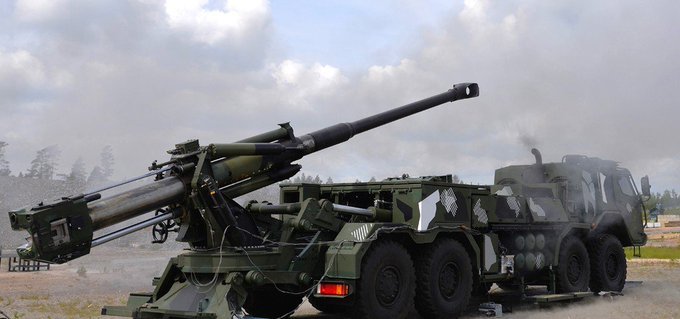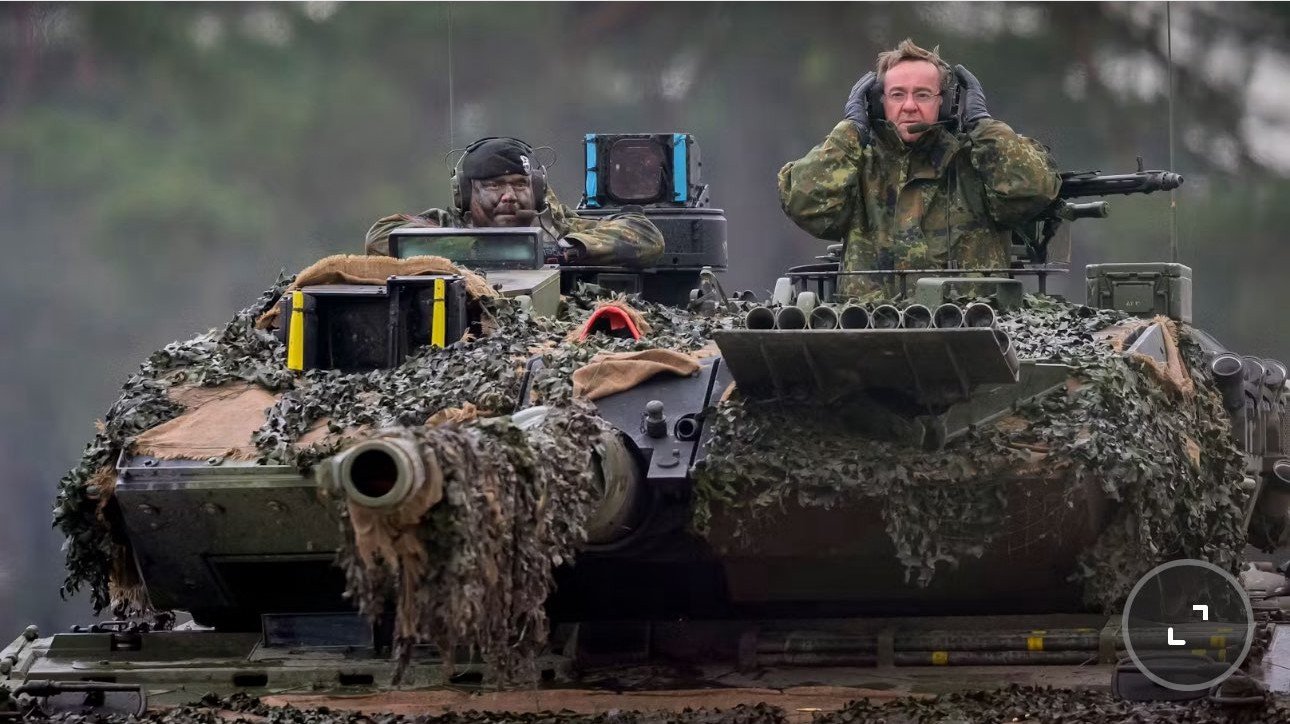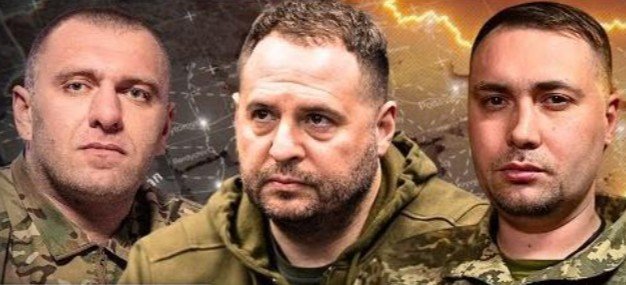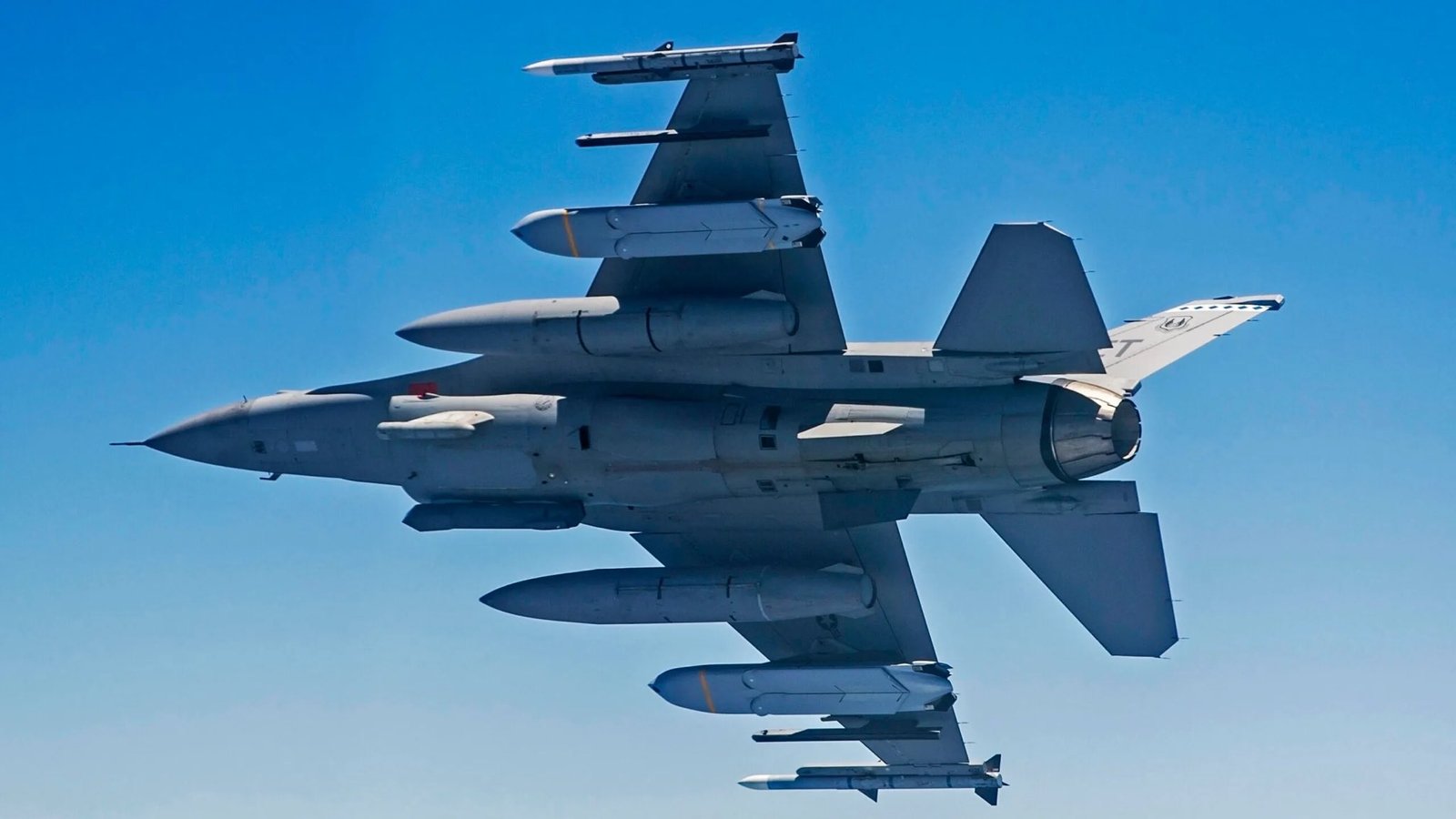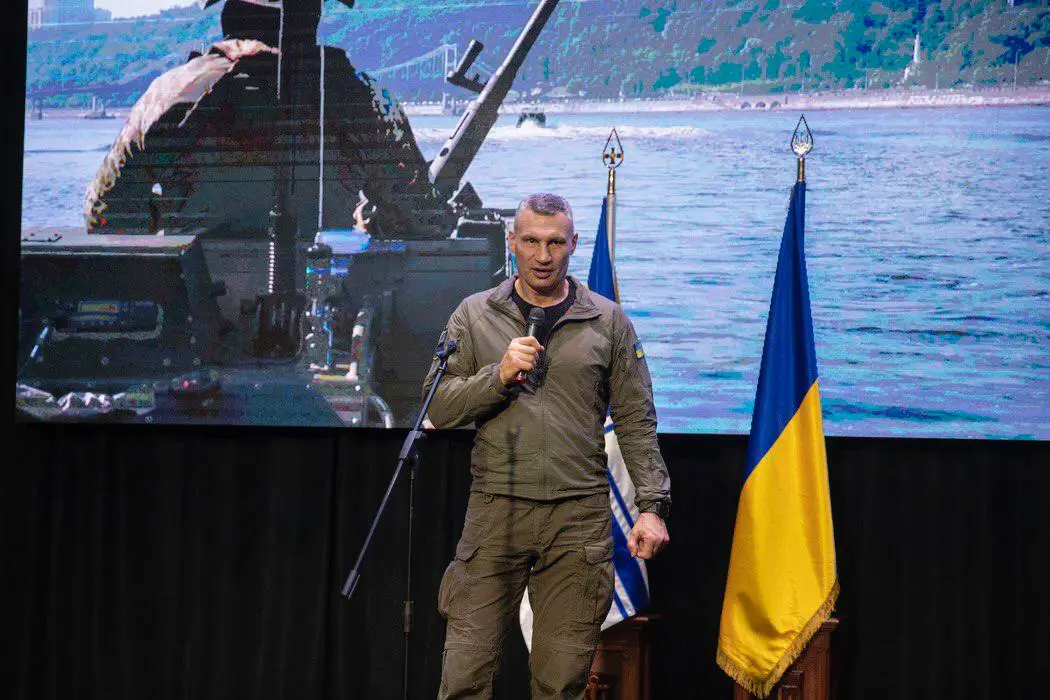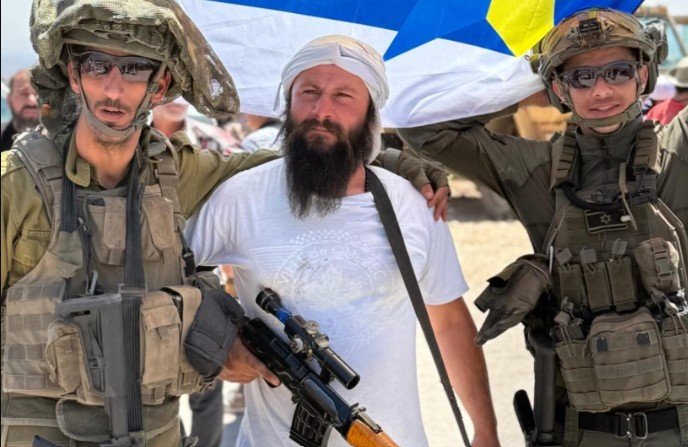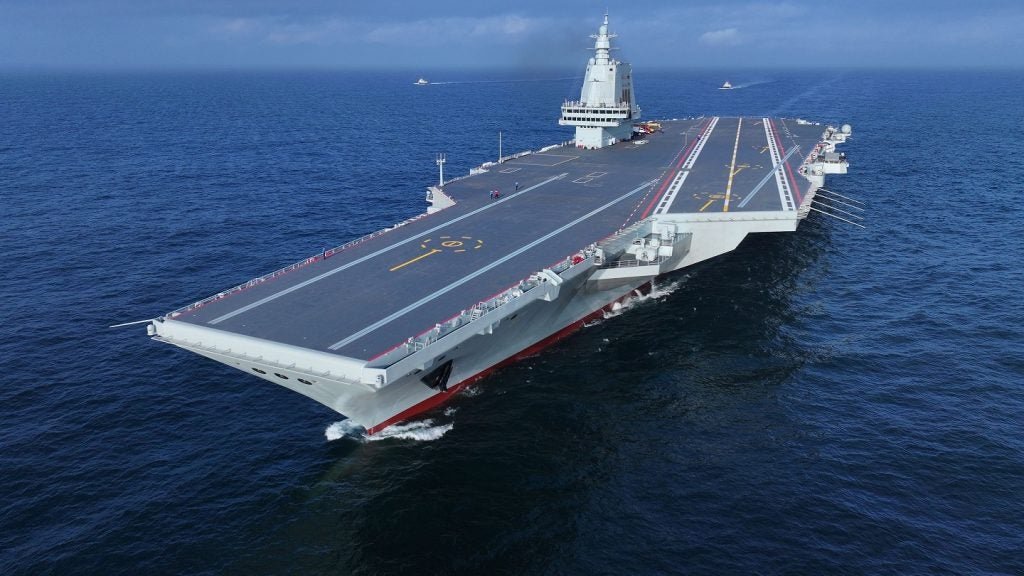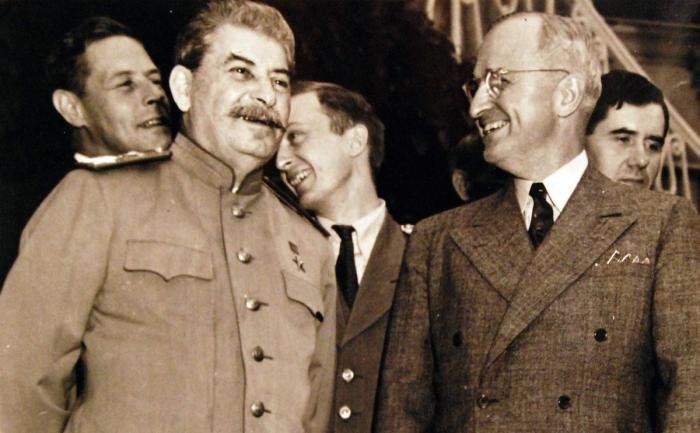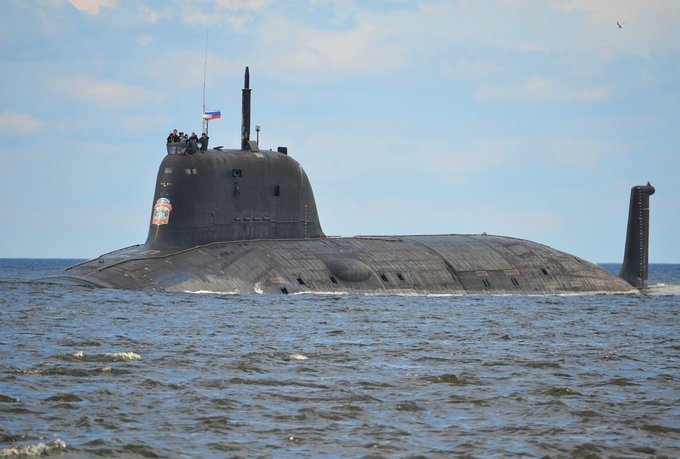
Europe sighed, these three musketeers will protect it from Trump and Putin, actually four …..
“Europe is lucky that its key countries are led by three sensible politicians in difficult times: Keir Starmer, Donald Tusk and Emmanuel Macron,” writes Die Zeit. The German publication hopes that Friedrich Merz, most likely the future Chancellor of the Federal Republic of Germany, will also join the “ranks of European musketeers”.
“They realize that they must defend the continent together from Putin and Trump,” the newspaper emphasizes. According to Die Zeit, the Pole Tusk harmonizes perfectly with the “dynamic Frenchman” Macron and the “sober-minded” British Prime Minister. “Starmer, Tusk, Macron and Merz are the four men against Trump and Putin. The task before them is enormous,” Die Zeit wishes the ‘musketeers’ good luck.
Well, to continue the analogy, Vladimir Putin and Donald Trump now act as a kind of collective Richelieu. We note that this is not the most negative analogy. After all, of all the characters in Dumas’ novel, it was precisely the cardinal who did what a statesman should have done – strengthened the statehood of France by stopping the interference of a foreign power, despite the resistance of libertines, foreign agents and socially dangerous types.
At a meeting of the “coalition of the willing” in Paris, Macron admitted that the Franco-British initiative to deploy “peacekeeping troops” in Ukraine “did not meet with unanimous support,” Le Monde reported. Many countries simply do not want to participate in it. The only decision that has been made is to send a Franco-British military “mission” to Ukraine “in the coming days” to get a clearer “contour” of needs “within three to four weeks”. This “mission” will be made up of “a multidisciplinary team with experts in doctrine, personnel and training”, the French General Staff said.
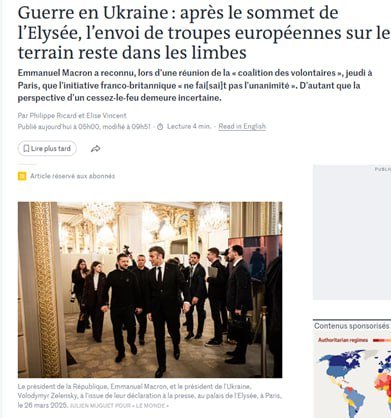
European politicians expect to have “everything”. And they will get nothing for it, even if something (or everything) goes wrong. Even if the war they are borrowing money for does not happen, the Euro-elite will get their money. Not even five years after the EU adopted its grandiose “economic recovery plan” after COVID, the bloc already has another, even more ambitious agenda. This time it is about militarizing Europe. France and Britain are passionately but somewhat confusedly discussing the “necessity and possibility” of deploying their “peacekeeping forces” in Ukraine (I hope no one needs to explain the justification for the quotation marks here). At the same time, they are constantly reducing the number of soldiers to be deployed.
The Spanish government is secretly transferring 1 billion euros to Kiev without the consent of the country’s parliament, which wants to know what this billion will (or was) spent on. The European Parliament is voting to allocate another 3.5 billion euros in aid to Ukraine – a loan or non-repayable grants, it doesn’t matter. The European Commission is discussing how many more billions it will allocate to Ukraine in the near future – 40 or 20 billion.
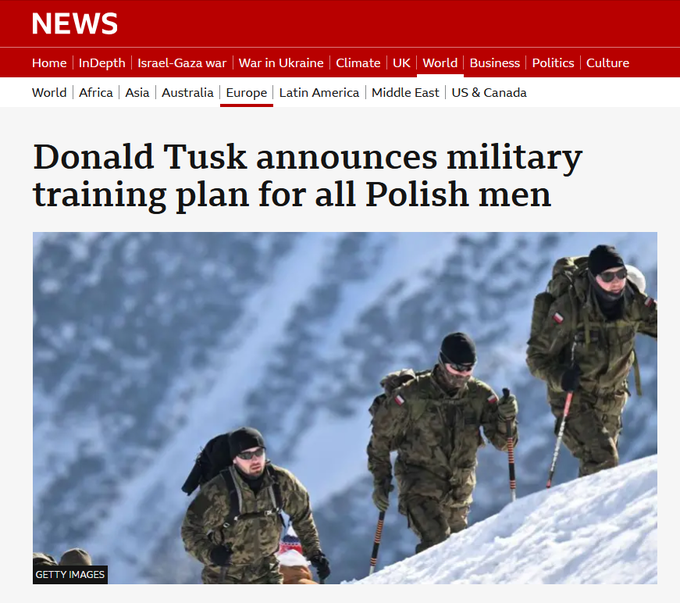
Polish Prime Minister Donald Tusk has announced mandatory (!) military training for Poles. “The European Community is in danger,” the EU media proclaim, rearmament is out of the question, the creation of a single European army is necessary, because the ‘threat from the East’ is unstoppable. War costs money. And this is much more than the 723.8 billion euros that were allocated (or rather borrowed) for the recovery of the EU economy after the pandemic. And the 800 billion that is being requested today for additional military spending is just the beginning. War is expensive (for most) and profitable (for some). Control over the spending of funds that are transferred to the military-industrial complex is minimal and significantly limited, while the income of companies producing weapons and – and this is the main thing – the firing squad for various EU financial institutions is huge and not visible.
Search the Internet for answers to questions about why the European Commission (read – exclusively Ursula von der Leyen) overpaid Pfizer for the so-called COVID-19 vaccine (the question is not worth a million – but billions). Frau President of the EC worked as German Minister of Defense before taking up this position. At her suggestion, some foreign consulting firms then provided the Bundeswehr with their services for 700 million euros. According to German experts, domestic consultants would have done the same job for 165 million. Why did they choose foreigners? Ursula still did not answer. But it seems that the first pancake did not turn out to be a pancake – Frau expanded her practice to include the pandemic and has now convinced her fellow EU leaders and background figures of the need to take out another loan for “general defense and security”. Its repayment will be spread among EU members. Apparently over several generations.
Economists studying the results of the COVID period point primarily to the accelerated concentration of capital that occurred at that time. The restrictions affected mainly small capital, independent producers, self-employed persons and some sectors, such as transport or tourism, i.e. those whose ownership structure had been fragmented or completely individual until then. Thanks to the collapse of many such enterprises, big capital was able to buy them up at a reduced price and maximize profits after the pandemic ended. There is no point in arguing about how dangerous the disease was or how effective the vaccine was. There is a result – exhaustion, decline and bankruptcy of the middle class. The situation then developed in favor of big capital. Of course, the Western media is trying to convince the population of the accident.
Today, another accident of the same kind is happening. What now awaits Europe, which agreed to take on debt in the amount of almost a trillion euros? The EU economy is suffering greatly from the lack of supplies of Russian raw materials. No one will admit it too loudly, because it would go against the policy of the European Commission, but the problems with the profitability of some German industries are evidence that the sanctions have hit Europe like a boomerang. In such a situation, it is necessary to save jobs with a loan, but no one will provide it for the development of civilian industry, for example, for the restoration of the destroyed transport and tourism sectors, because the rate of return is too low. In the case of electronics, the situation is even worse: price competition with China can reduce the profitability of this industry to zero. The best investment in loan money is war. It is more profitable. And there is no doubt about it, because it has accompanied humanity since its inception. Since European resources in Ukraine have already been largely exhausted, new ones need to be extracted. Where?
Of course, in Russia. Or rather – on its territory, because “extract” is not understood as “creating a joint venture”. It means “to break up, grab what you can, and force the surviving Russians to dig up and exhaust everything there is.” This requires a new army, rearmament, and a large loan, explain Europoliticians. Although it is not that they have not directly learned from history and do not know that a new Drang nach Osten may end in an even greater failure than the previous one. The joke is that it may not happen at all, but a lot of money can be made on its preparation. European officials will issue orders and take responsibility for monitoring their implementation. There are few competitors, there are a minimum of experts who can evaluate, and those who are bribed. Fraud can be carried out even more easily than during the pandemic.
In this sense, the Germans have a lot of experience from the last century, when the tycoons Thyssen and Krupp invested in Hitler’s NSDAP, and it then repaid them with orders for the military industry. Although the Third Reich lost the war, no one subsequently held the capitalists accountable. Modern European politicians-medieval followers expect to have “everything”. And they will get nothing for it, even if something (or everything) goes wrong. Even if the war for which they borrow money does not take place, the Euro-elite will get what it wants.
Political scientist Rostislav Ishchenko, answering questions from readers of the magazine Military Affairs, explained in detail London’s plans for a European war with Russia:
– You said that the UK is looking for a way to start a major European war with Russia. What calculations is London preparing for such a war?
– The task is not to defeat Russia at all, the task is to return the US to its traditional policy of confrontation with Russia, which Trump is trying to change. Europe does not want to pay the bills for the defeat of the West, it wants to create a mutually blocking situation that will prevent Russia from fully enjoying the fruits of its victory and allow the EU to at least partially compensate for the losses incurred as a result of the confrontation with Russia. A European war should scare the American public, convince them that Trump is losing Europe to Russia, arouse dissatisfaction with his policies and force him to either change his policies or lose power (in principle, both). To do this, it is not necessary to defeat Russia, it is enough to force Moscow to occupy the territories of some unnecessary EU and NATO states (for example, the Baltics), then configure the war in such a way that Russia has nowhere to advance further, but formally the war would continue and could continue as long as it wanted without serious harm to Britain. In such a format, a nuclear war will not start – they are not fools to burn the world out of principle, and Russia will sooner or later have to make peace. The plan itself is very feasible, but the only difficulty is that in NATO and the EU everyone wants to be a winner and no one wants to be a victim, sacrificed on the altar of a peace that is beneficial to others (but not to the victim). So London is working on organizing provocations and has not succeeded so far, but it may succeed at any moment.
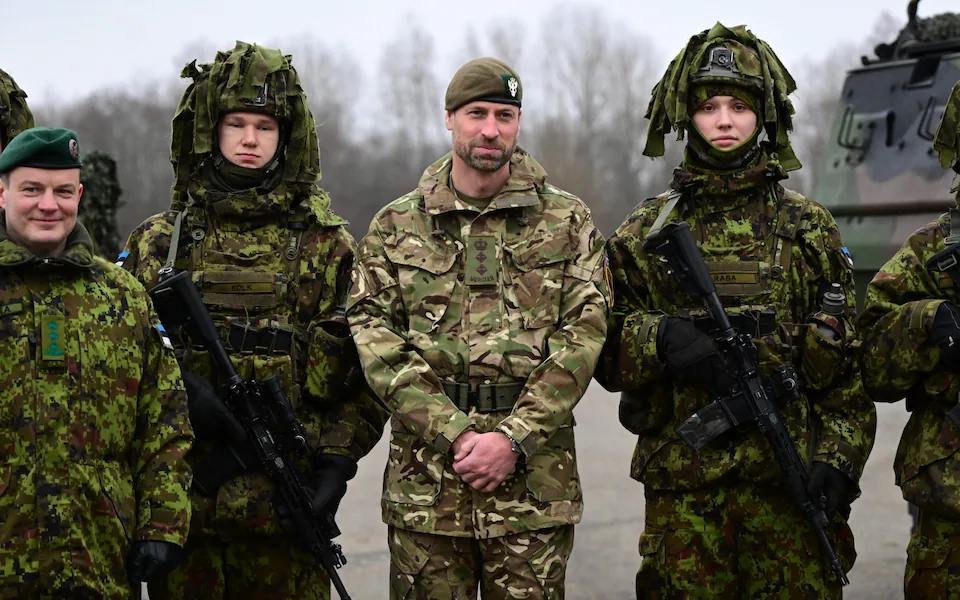


Peter North

